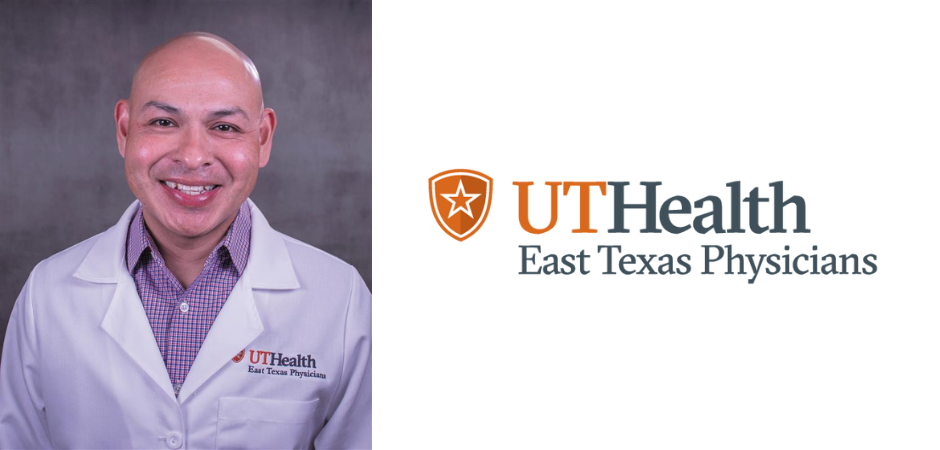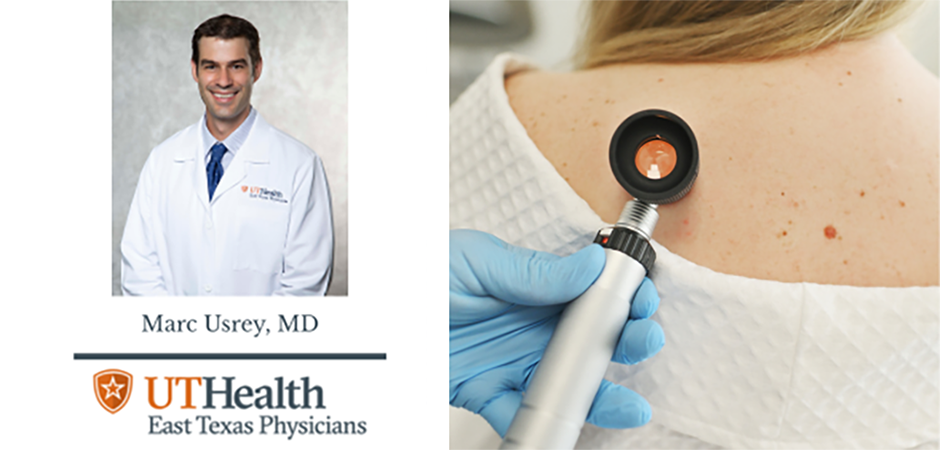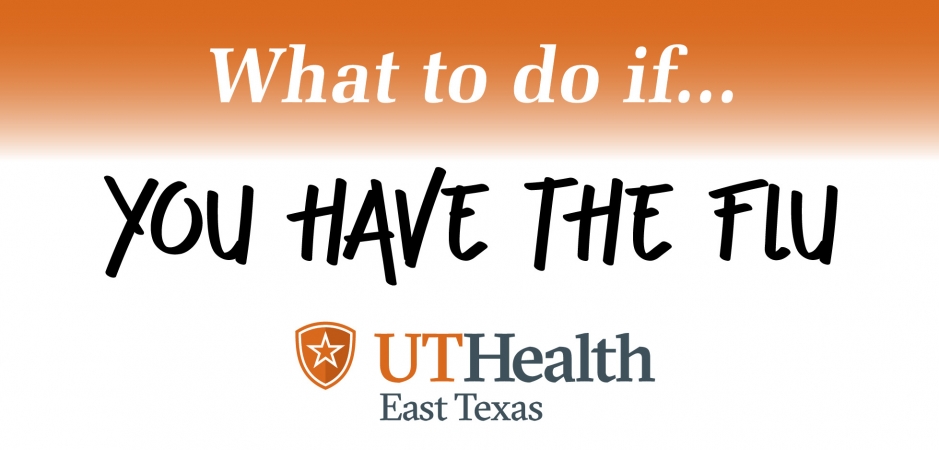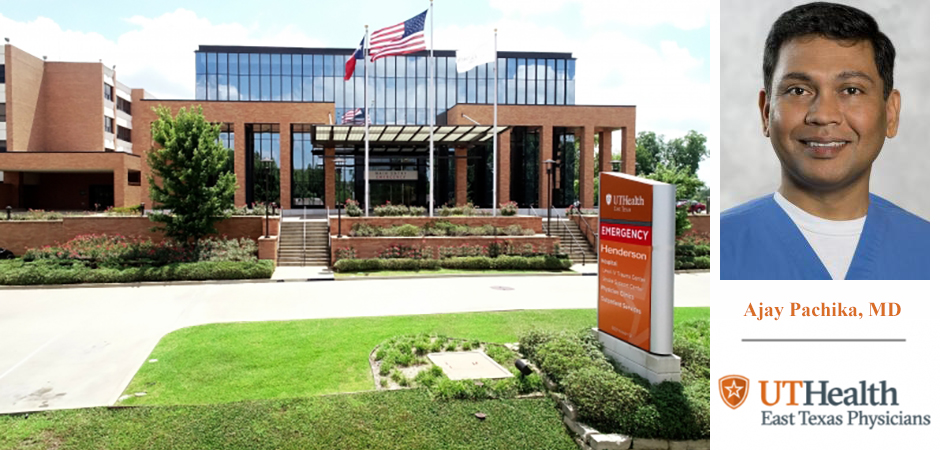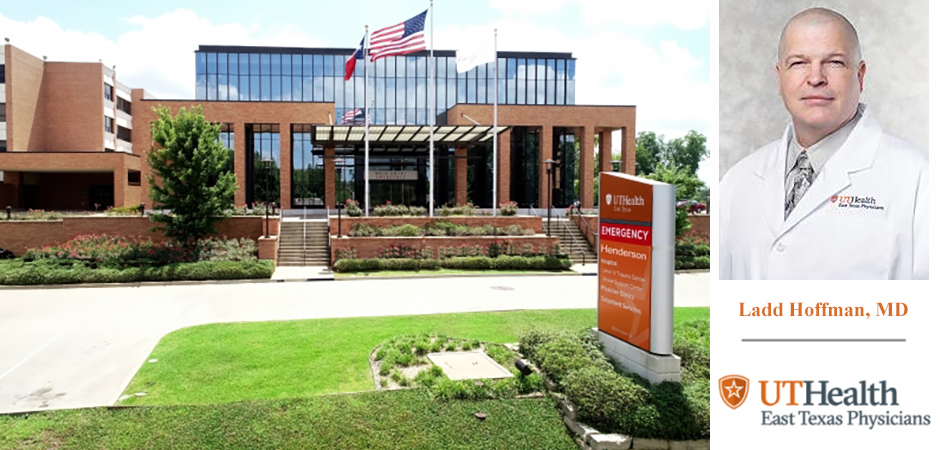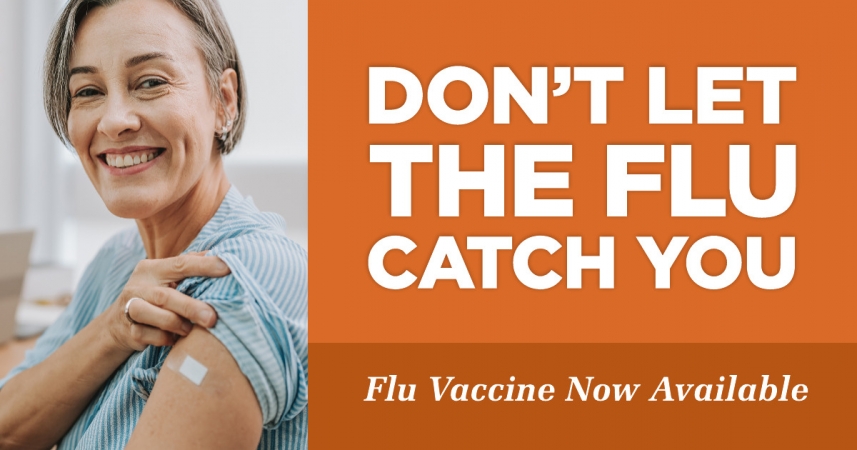Like nearly half of all people over the age of 50, Bonnie Geddie, 67, has diverticulosis, a condition in which small pockets form in the normally smooth inner wall of the intestines. Most people don’t develop symptoms or complications from this condition, but some get diverticulitis – an inflammation of the small pockets that form when food particles become lodged in the stomach lining.
Geddie has treated her diverticulitis with anti-inflammatory medications and antibiotics. However, consistently taking medications is key to managing this condition.


